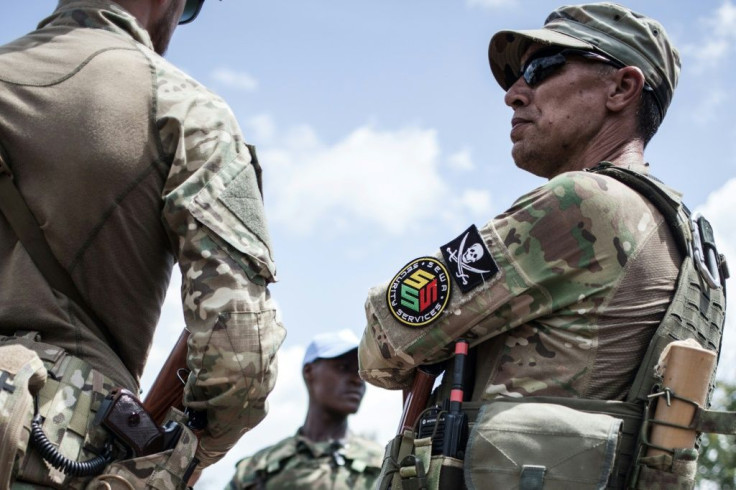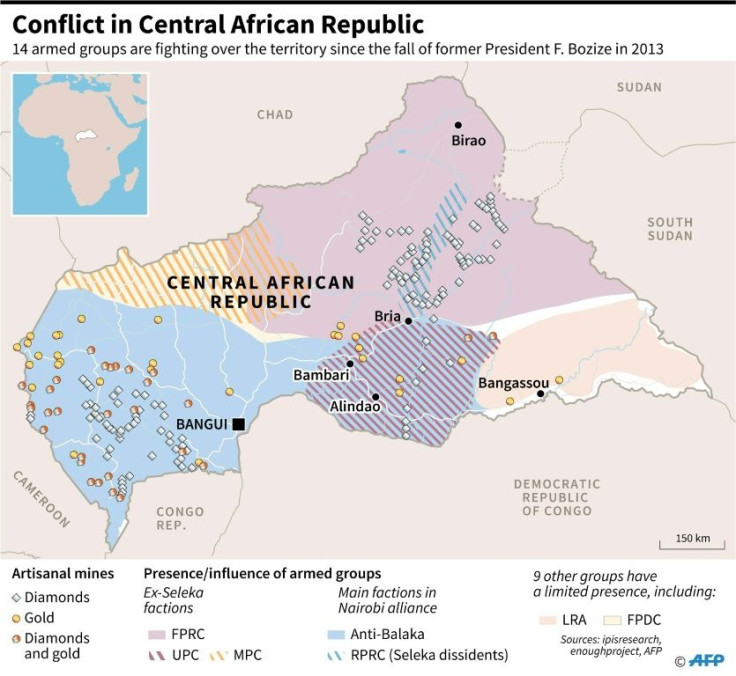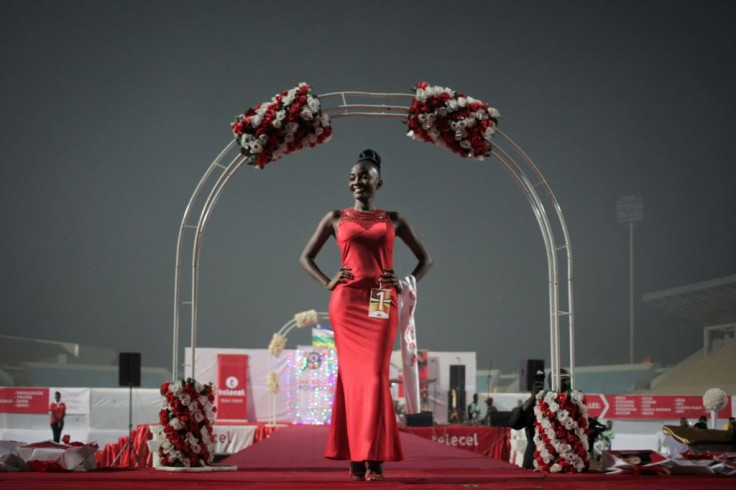C.African Ties Highlight Russian Strategy In Africa: Analysts

The Central African Republic is an important plank in Russia's strategy of boosting its presence in Africa by offering security for fragile regimes in resource-rich countries, analysts say.
President Vladimir Putin last year surprised the West by a string of high-profile moves that strengthened Russia's influence in the CAR, an extremely poor but strategic country that has traditionally had close ties to France, the former colonial power.
Russia sent trainers to the CAR's beleaguered armed forces, a senior aide to advise its president and mercenaries to provide his security, and offered to mediate between the government and the country's many rebel groups.
On the economic front, the Russian mining company Lobaye was given a licence for several concessions in the CAR, a country rich in gold and diamonds.
As Putin on Wednesday hosts African countries at a two-day summit in the Black Sea resort of Sochi, Russia's presence in the CAR remains an example of a long-term, quid-pro-quo strategy, say analysts.
For African states, "Russia offers a security package with no financial debt, only to be repaid by the granting of certain concessions to private conglomerates," said Arnaud Kalika, a former analyst in French military intelligence who specialises in Russian affairs.

The trading of security assistance for sought-after resources is a well-rehearsed model that Russia has also already employed in Madagascar and Sudan.
The Russians came to the CAR with the goal of filling what they believed was "a geopolitical vacuum," said Hans de Marie Heungoup, a specialist with the International Crisis Group (ICG) thinktank.
"For a country that in the space of less than three years ago has managed to wield such clout with the (CAR) presidency is a low-cost geopolitical victory."

Kalika said a prime factor in Russian strategy in the CAR "is above all a media coup that will bring benefits on the home front."
Despite these successes, the Russian vision has been clouded by several setbacks.
A popular uprising in Sudan -- the CAR's vast eastern neighbour -- last June brought down longtime president Omar al-Bashir, who also had Russian "instructors".
And within the CAR, a struggling population faces brutal violence from armed groups despite the Khartoum peace pact and promises of security from the Kremlin.
France, meanwhile, has launched a counter-offensive by promoting its activities in the CAR, notably in development, which is not "the Russian model of engagement", said Heungoup.
In fact, Western partners including the European Union (EU) still provide almost all of the financial aid given to the deeply poor, landlocked country.
"The Russians are more low-key (today), it's in their interest," says Thierry Vircoulon, coordinator at the Southern and Central African Observatory of the French Institute of International Relations (IFRI), a thinktank based in Paris.
Heungoup said the Kremlin was playing the long game, after the loss of influence it suffered following the end of the Cold War.
"Russia wants to regain a solid diplomatic base" in Africa, he said.
"Apart from competition between Moscow and the West in the CAR, Moscow does not want to be overtaken by competing emerging economies, notably China and Turkey."
© Copyright AFP 2024. All rights reserved.





















